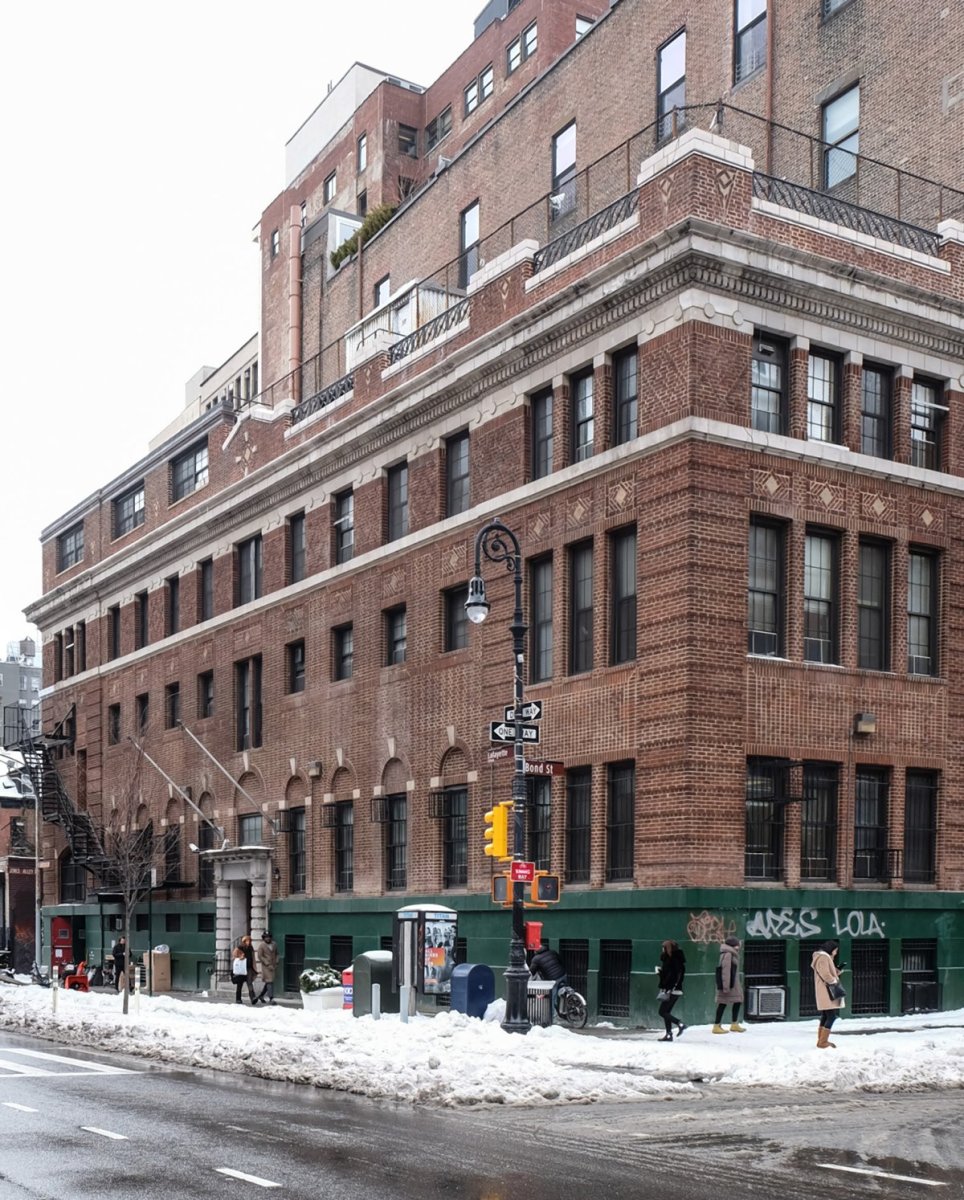One out of every 100 babies born last year was sent home from the hospital to a New York City homeless shelter, a study from the Coalition for the Homeless found.
The striking number comes from the homeless advocacy’s annual State of Homeless report, released early Wednesday morning, which heavily criticizes Mayor Bill de Blasio and Governor Andrew Cuomo’s measures combating homelessness.
According to the report, the number of people sleeping in city shelters has dramatically gone up by 143% from 7,700 in December of 2009 to 18,700 in December of 2019. The report does recognize something positive, that those numbers have leveled off over the last three years. In December 2019, 14,792 families slept in shelters, a 7% drop from November of 2016 when the number of families sleeping in shelters reached an all-time high of 15,899. Still, the number represented a 46% increase from 2009 data.
Another disturbing fact the report found was on the racial and ethnic make-up shelter residents. The report repeated a previously documented find that the majority of shelter residents identify as black or Hispanic. This year’s report states that 86 % of homeless single adults and 93 % of “heads-of-household” in family shelters are either black or Hispanic, a disproportionately high number given that only 53 percent of New Yorkers identify as either group.
More heartbreaking numbers continue to pop up throughout the report, which notes that about 67 % of single adults sleeping in shelters have some sort of a disability that requires some sort of accommodation in order for them to access shelters or homeless services. Following that number, the Coalition for the Homeless found that last year 78 % of families with adult children and 51 % of families with children under the age of 18 living in a city shelter had one family with a disability that required accommodation to access a shelter or services.
“As disturbing as these statistics are, they constitute just the tip of the iceberg,” the advocacy group states in the executive summary of the report. “The depth of the crisis goes far beyond what is reflected in nightly census figures… the crisis will not improve until Governor Cuomo and Mayor de Blasio treat homelessness like the urgent humanitarian crisis that it is. “
In the report, the advocacy group blames the crisis on a lack of affordable housing in the city and calls on both elected officials to recognize the shortage as fuel for the homelessness crisis. The report then lists a healthy amount of recommendations for both the mayor and the governor including passing Home Stability Support, which would create a rent-supplement for New Yorkers receiving government benefits and are at risk of becoming homeless because of eviction, domestic abuse or other dangerous living conditions. The measures was not included the governor’s plan to combat homelessness outlined in the 2020-21 preliminary executive budget.
In the report, Coalition for the Homeless also called for the governor to bump up the completion date of 20,000 affordable housing units promised in 2016 to 2026 and not 2031, further fund existing community-based housing programs for people psychiatric disabilities, allot funding for the creation of housing for people reintegrating into communities after being released from state prisons, expand the Disability Rent Increase Exemption program to include households with disabled family members who are not heads of households. Coalition for the homeless also calls on the governor to increase the monthly personal needs allowance for people living in shelters and to eliminate the requirement of the homeless to pay rent for shelter or enroll in savings programs as a condition of receiving shelter. According to the report, shelter residents only receive $45 a month as a personal needs stipend.
Recommendations for the mayor include allocating at least $20 million to subsidize and increase housing in 2020-2021 budget, speed up the timeline for the creation of 15,000 city-funded supportive housing units to 2025 instead of 2030, expand the number of Safe Haven beds by 2,000, allocate at least three-quarters of Section 8 housing vouchers each year to homeless households and to reduce reliance on Special One-Time Assistance, which pays for one year of rent for eligible homeless families to move around the city, state or out of state.
Neither the governor or mayor’s office responded to a request for comment on the report.


































